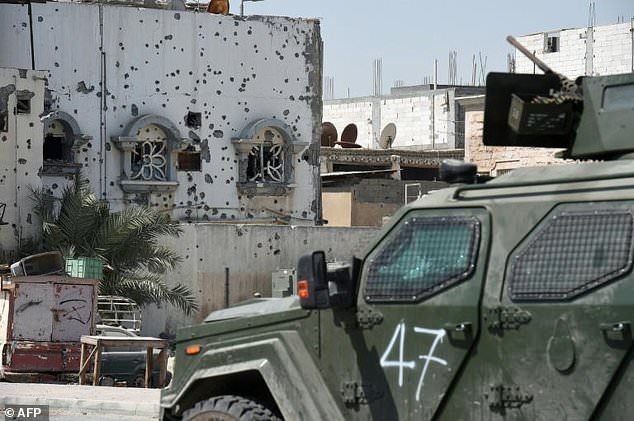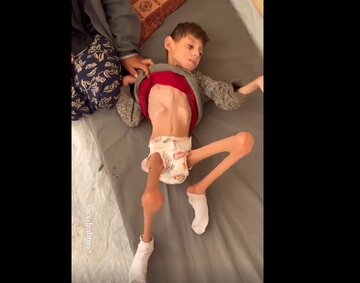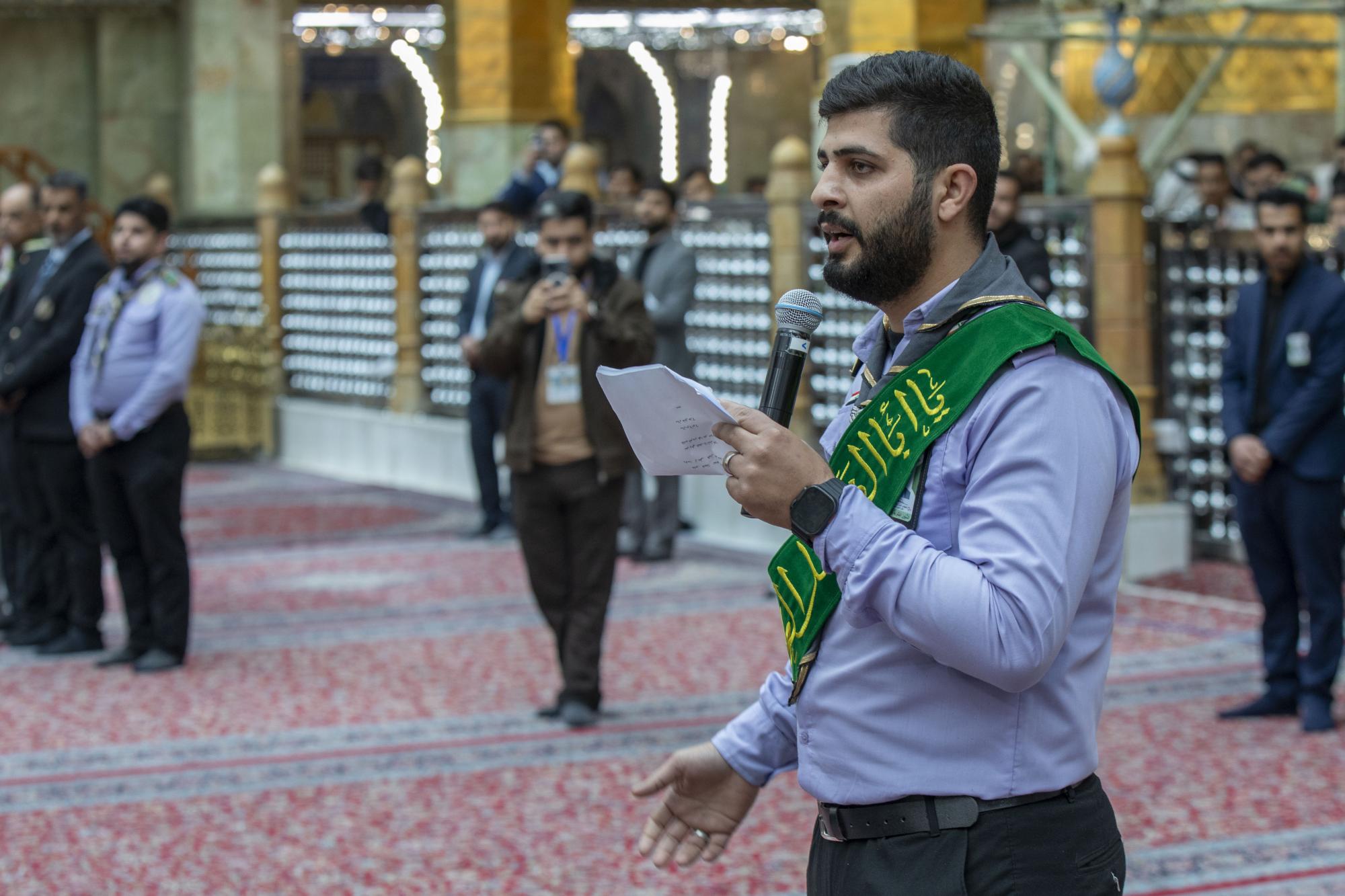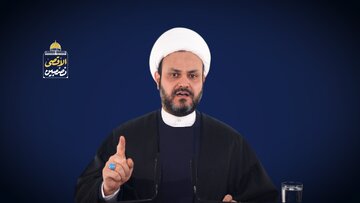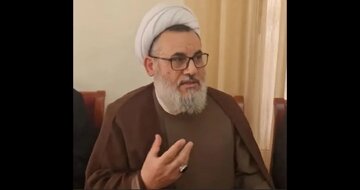Saudi Arabia prides itself on stability in a wider Middle East torn apart by conflict and strife, but Awamiya -- on the kingdom's oil-rich east coast -- has a longstanding reputation of resistance to Saudi tyrants.
The latest wave of violence erupted in the summer when authorities began tearing down the neighbourhood of Musawara, a walled area dating back to the Ottoman Empire, claiming its labyrinthine streets and maze-like structures had become a breeding ground for so called terrorists.
The demolitions prompted militants who chafe under Saudi rule to clash with government forces, bringing death and destruction on a scale that evoked comparisons to a war zone.
The outer walls of buildings and mosques are constellations of bullet holes. Mangled carcasses of burned-out cars lay strewn across its once-vibrant streets. Broken roller shutters expose mouldering jars of jam and cookies in a scorched grocery store.
A government official who gave AFP a rare tour of Musawara drew a triangle in the sand with a twig to describe the fighting.
"In between, house, house, house," he said, explaining how pitched battles between the opposing sides wrought destruction on the neighbourhood.
In August, the government announced the end of a three-month campaign to flush out gunmen from Musawara. Protest messages on walls bearing insults to the government were scrubbed.
"We target anyone who is dangerous for the country -- Shia or Sunni," the official said.
Awamiya, a town of around 25,000 people, has seen bouts of unrest since 2011 when protesters emboldened by the Islamic Awakening uprisings called for an end to perceived discrimination of Shia minorities.
Saudi Arabia's Shiite community makes up an estimated 20 to 25 percent of the country's population of 32 million.
Awamiya was also home to Nimr al-Nimr, a Shia cleric and government critic who was executed last year on false terrorism charges.
"We hope Awamiya will be restored to its former glory," said Mohammed Ali al-Shoyoukh, an elderly resident who recently returned to the area after the fighting subsided.
The exact number of fatalities from the clashes is unclear.
Human Rights Watch reported in August that more than a dozen people were killed.
"Awamiya's (residents) want government investment in their communities, but more than that they're demanding an end to discrimination," said Adam Coogle, a HRW researcher.
"Saudi Arabia's violent approach to destroying the Musawara neighbourhood and the many allegations of harm to residents during the process are unlikely to reassure Saudi Shia that the state has their best interests in mind."
"The town has a heavy security presence and is still surrounded by concrete walls and checkpoints," he said, adding that the blockade was having an impact on farming and fishing communities as well as local merchants.
"The situation has calmed down but the future looks uncertain."
/106

